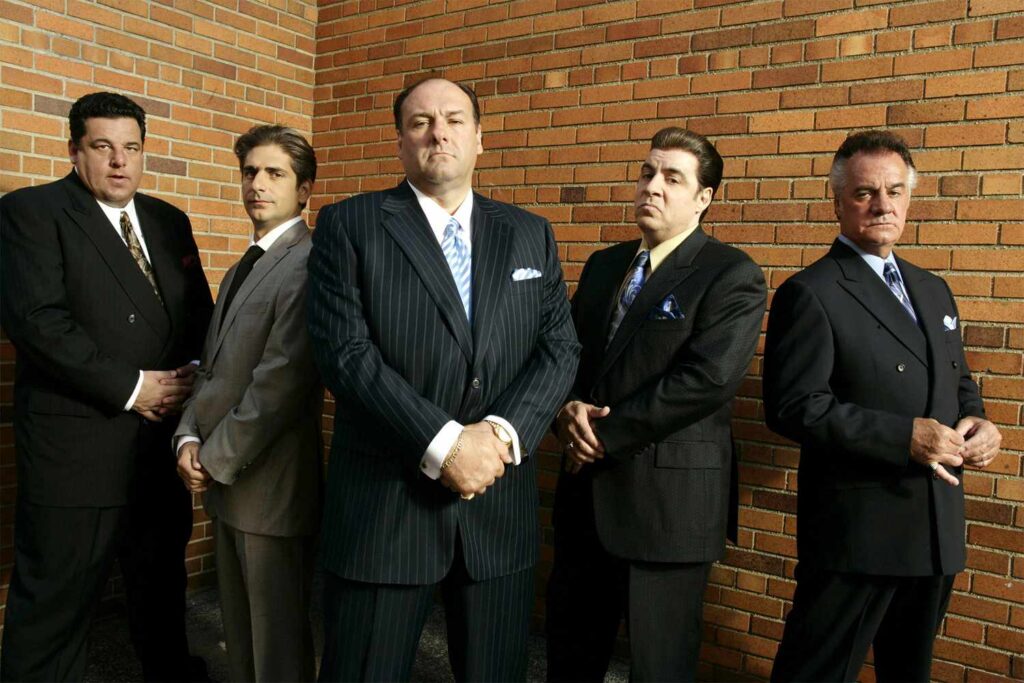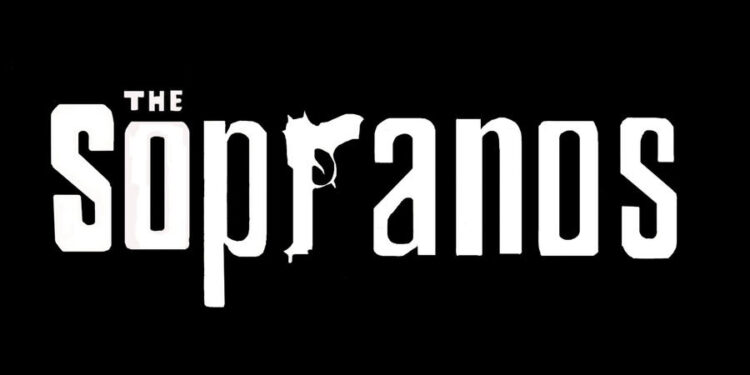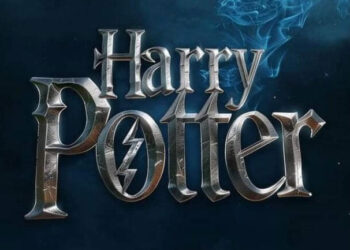By: Patrick Newsome
From its humble beginnings with a man and his ducks, “The Sopranos” premiered on January 10th, 1999. Now, 25 years later, reflecting on this groundbreaking series fills me with fondness and a deep appreciation for the exceptional writing and world-building displayed throughout the show. As an adolescent, I remember watching this series and becoming engrossed in the world that director David Chase had so artfully crafted. It was a world where the lines between good and evil were blurred, and the characters had depth and complexity seldom seen on television. The series was a masterclass in storytelling, and even to this day, it remains a cultural touchstone that has left an indelible mark on television history. As a teenager, I was drawn to the dark and gritty world of organized crime that was portrayed in The Sopranos. The show’s depiction of strippers, drugs, and murder had a certain allure that I found appealing. However, as I matured, I began to appreciate the series on a deeper level and came to admire some of its most prominent characters. Among them, Christopher Moltisanti, Tony Soprano’s cousin, stood out to me as someone I could relate to.
His struggles with addiction and loyalty to his family made him a complex and compelling figure in the show’s narrative. The deepest way I can relate to Christopher is our struggles with addiction and getting clean. Show creator David Chase perfectly wrote the real-life struggles addicts go through in their everyday life but not only that but he also shows the stigma many new addicts face when getting clean. From the beginning of the show, it is shown that Christopher has an addictive personality and is a constant user of drugs and alcohol and was shown several times experimenting with several different drugs and things got so bad that Christopher was high on heroin and killed his girlfriend’s dog by accidentally sitting on and as a result, suffocating the poor dog. All things eventually lead to a very memorable intervention on Christopher’s behalf which leads him to check into rehab (Season 4 Episode 49 “The Strong, Silent Type”). Having gone to rehab and doing the whole intake thing when I got there, when I re-watched the scene of Christopher going into rehab it was scary how accurate it was.
Another scary accurate similarity was how David Chase showed the highs and lows of recovery and all the little ticks that newly recovered addicts have like Christopher always having a soda due to the common sugar cravings many in recovery experience, myself included (Season 4 Episode 52 “Whitecaps”). Another person I found I related to that I didn’t expect is the big man himself Tony Soprano. I relate to him in a very simple way, that’s the way our experience in therapy changed throughout our session time. Having battled depression and anxiety most of my adult life I can deeply relate to Tony’s first impressions of therapy and how he was a skeptic of the entire process (Season 1 Episode 1“The Sopranos), I was too when my process with therapy started.
Coming from a Hispanic family we have many of the same stereotypes Italians have on many things displayed in The Sopranos like race relations, gender relations, and in the context of this example talk therapy. Early on in the series Tony very openly shows his apprehension to the whole idea of therapy because being an old school mob guy, Tony thinks that if any of his business associates hear that he is willing to talk to a shrink, what could he be spilling about them? If he is willing to talk to a shrink, would he be willing to turn states witness and rat them out? But as time goes on Tony develops a strong doctor/patient relationship with Dr. Melfi and comes to trust and rely on her whenever he needs to vent. But ultimately before the series concludes, Dr. Melfi ends up cutting ties with Tony as a patient (Season 6 Episode 85 “The Blue Comet”), due to her colleagues and her therapist berating her during a dinner.
A decision that was met with different opinions among the fanbase when the episode aired. All together, The Sopranos was a show that was ahead of its time. The sorta behind scenes look at mob life were very refreshing compared to movies that glorify mob life-like “Goodfellas” and “Casino”. Going behind the scenes and making These strong mafioso people seem human is eye-opening and shows that they go through everyday problems like children, bills, depression, drugs, and family drama. Listen, I could go on and on till I’m blue in the face about how revolutionary and groundbreaking The Sopranos is. These are just a few of the many ways I’ve been able to relate to this show and have a more personal connection to it. The only way to find out is to go out and watch it for yourself and I can guarantee you that your time will not be wasted


 NFL
NFL





